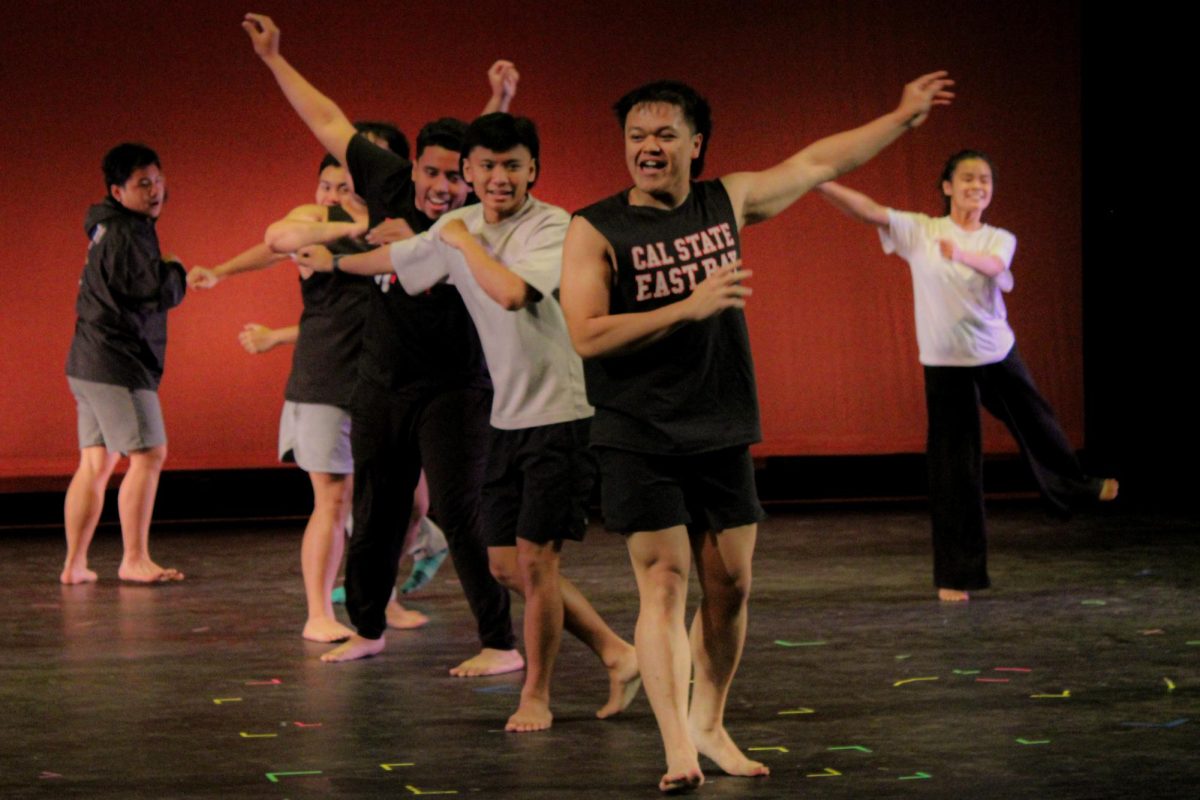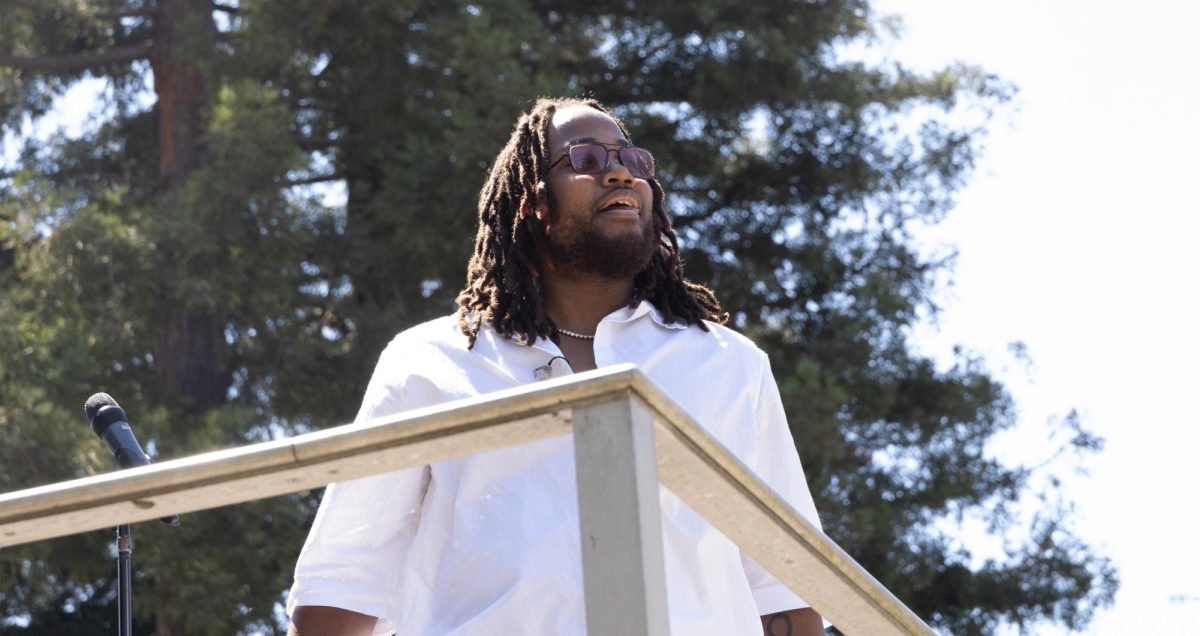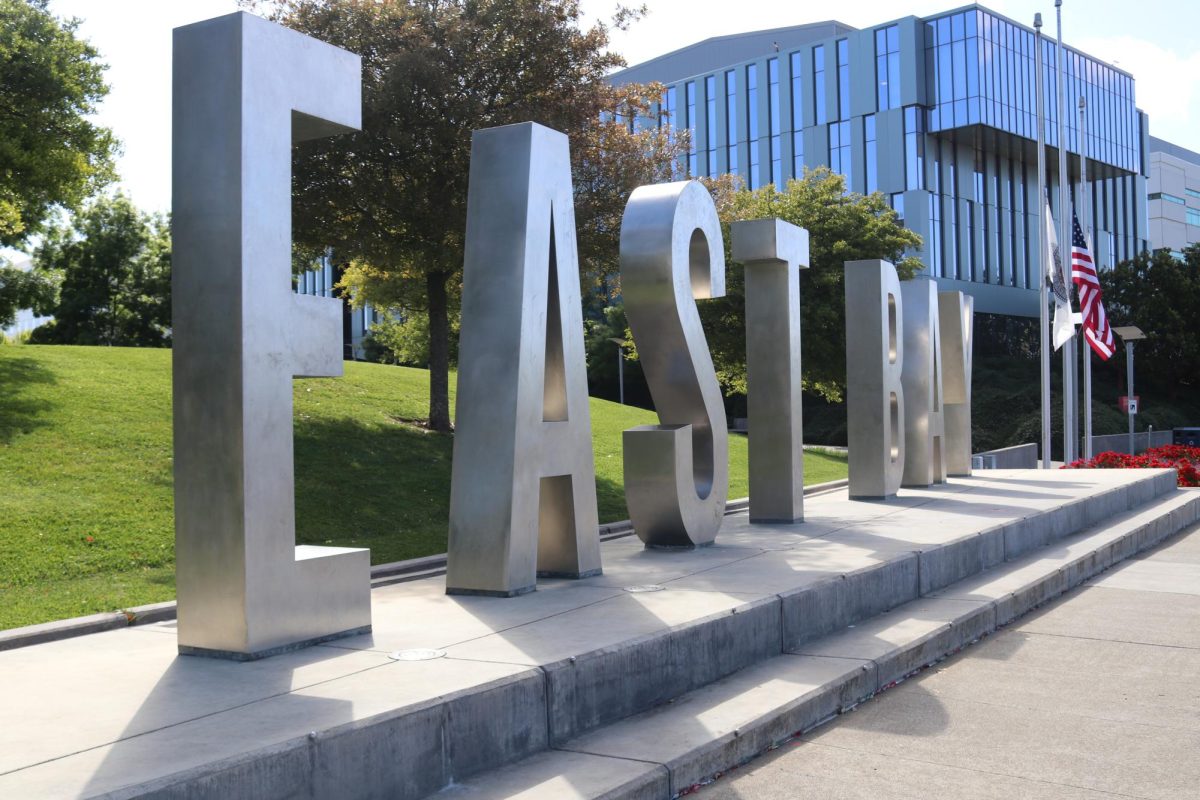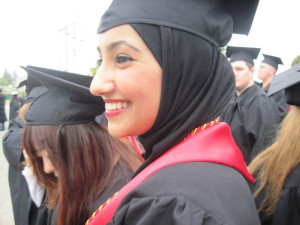
“Whether or not you reach your goals in life depends entirely on how well you prepare for them, and how badly you want them,” said Ronald E. McNair, the legacy of which CSU East Bay students have found opportunity and ability to obtain an education they would have never dreamed of before.
The McNair Scholars Program offers students from underrepresented social, ethnic and economic backgrounds the ability to attend graduate school in the pursuits of obtaining a PhD.
Through in-depth academic preparation, financial support, personal mentors and travel opportunities, the program’s goal is to increase the number of students from low-income, first-generation and various ethnic groups to obtain doctorates in their academic fields.
For two 2011 CSUEB graduates, the McNair Scholars Program provided them with an invaluable opportunity to become people they have always aspired to be, but would have never thought possible for themselves beforehand.
“I always knew I wanted to do so much more with my life,” said Mariam Mohammad. “This program allowed me to access a bridge to a successful and rewarding life. I’ll be grateful for this for the rest of my life.”
As a Communications graduate, Mohammad became the first generation American from her family to graduate from college, and consequently the first person to pursue graduate studies at the doctorate level.
Growing up in a traditional Afghani family, Mohammad feels that the program educated her family in the process by allowing them to let her make her own choices and prove that a woman can obtain as much as a man can.
“They helped me explore my possibilities, always pushing me to want so much more,” she said. “They really take care of you because they believe in academic excellence.”
According to a survey conducted by the National Science Foundation, the percentage of women receiving doctorate degrees in the United States was 46.8 percent in 2009, up 10 percent from 1999.
Alejandro Escalante Flores, a graduate of Cell Molecular Biology, said the program allowed him to seem himself as someone who can actually be successful in college.
“They exposed me in so many ways,” said Escalante Flores. “Because of the program, I was able to develop my research, present my findings and make connections in my field that will help me for the rest of my career, all because they want to see people like me succeed.”
Escalante Flores moved from Guatemala with his family when he was 11 years old. Growing up, he never expected to go to college, much less obtain a PhD, but the McNair program inspired him to believe it was possible.
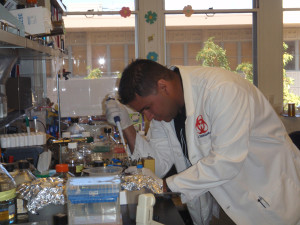
“Most people who come from immigrant families are not aware of the opportunities and services available to them,” said Escalante Flores. “They might have the interest but not the know-how on what steps to take, which is why programs such as McNair are so beneficial.”
Escalante Flores will be attending Vanderbilt University in the fall as a Biomedical and Biological Sciences major, hoping to expand his research as well as change the image of what a scientist in America looks like.
“Latinos are very underrepresented in science, and that needs to change,” he said. “My future goal is to start young children from ethnic backgrounds, such as Latinos, thinking about a career in science and breaking ethnic barriers.”
“As a Latino, it’s nice to break the expectation of who a scientist is,” he said. “I hope to inspire others to achieve their dreams the way I have.”
According to the National Science Foundation, out of the 49,562 doctorate degrees awarded in the United States in 2009, only 2,799 were Latinos.
Out of the 8,026 doctorate recipients in Biological and Biomedical Sciences, 304 were Latinos, compared to 4,108 Caucasian recipients and 627 Asian.
Escalante Flores said he is extremely thankful to the McNair program for the opportunity he has been given to change his life and make a difference for his community.
“They are going out there and contributing to society in a much greater way than what they can do now,” said program director Erica Wildy. “They’re going to shape the future in ways they would have never thought of before and one day inspire others to follow in their footsteps.”
As program director since the beginning of Spring Quarter 2011, Wildy believes the program allows scholars to expand their education and intellect, and help them gain academic exposure through seminars, conferences and presentations- which she feels is an incredible asset to have.
With a PhD in Zoology and Behavioral Ecology from Oregon State, Wildy believes that graduate studies is the key to developing our nation into a truly diverse country.
“In order to go forth and be a nation that is competitive globally, it’s important to have many different perspectives and insights into the various things we pursue,” said Wildy.
As a program funded by the U.S. Department of Education, along with many other educational programs, McNair will see a 3 percent percent cut for the following year.
Wildy says the cuts will “definitely hurt,” but that the staff is making every effort possible to aid students as best as they can with the budget available.
“It’s so inspiring and amazing when they see themselves do things they never thought they would have been able to do,” said Wildy. “Everyone, regardless of where they come from deserves an opportunity like this.”
The program is still accepting applications for the upcoming school year, encouraging students to start as early as two years before their graduation year so that they can benefit from the program as much as possible.
For Mohammad, who will be attending CSU Fullerton in the fall, being a woman of color pursuing a doctorate and wanting to become a university professor in the future is something she hopes other people will be able to experience through the McNair program.
“My mom cries everyday she’s so proud of me,” said Mohammad. “Anybody who has even remotely considered pursuing graduate studies should look into the program. It will be the best decision you make for your future, I guarantee it.”




